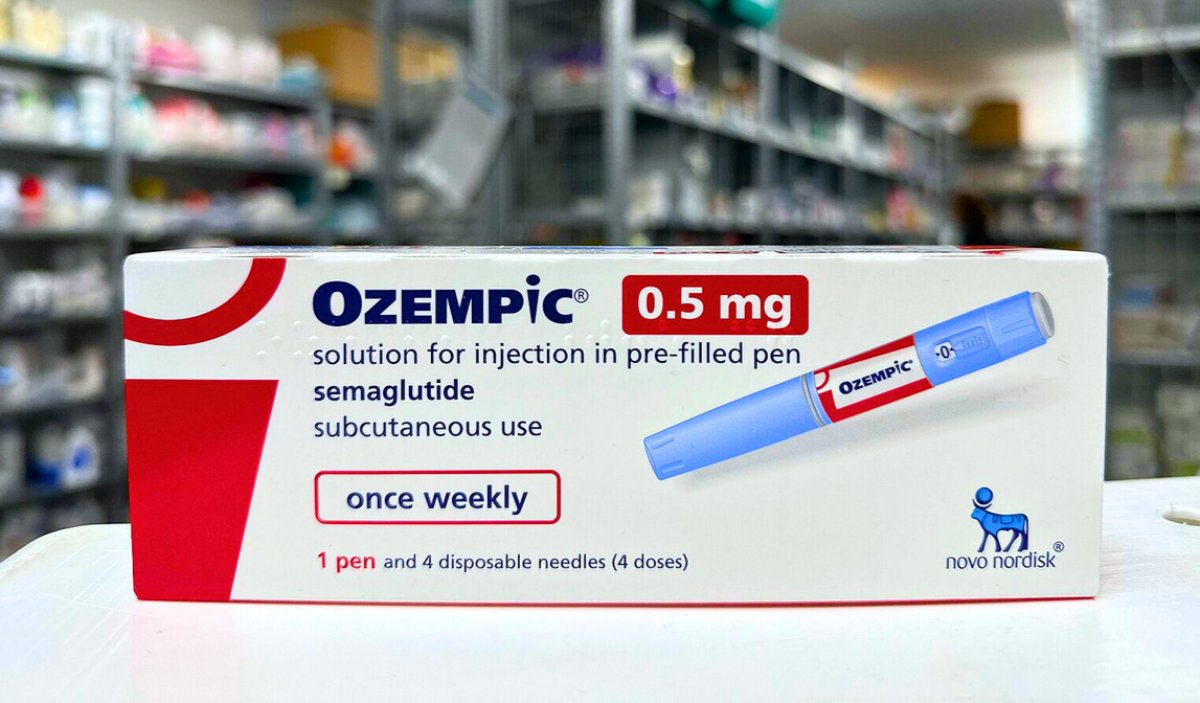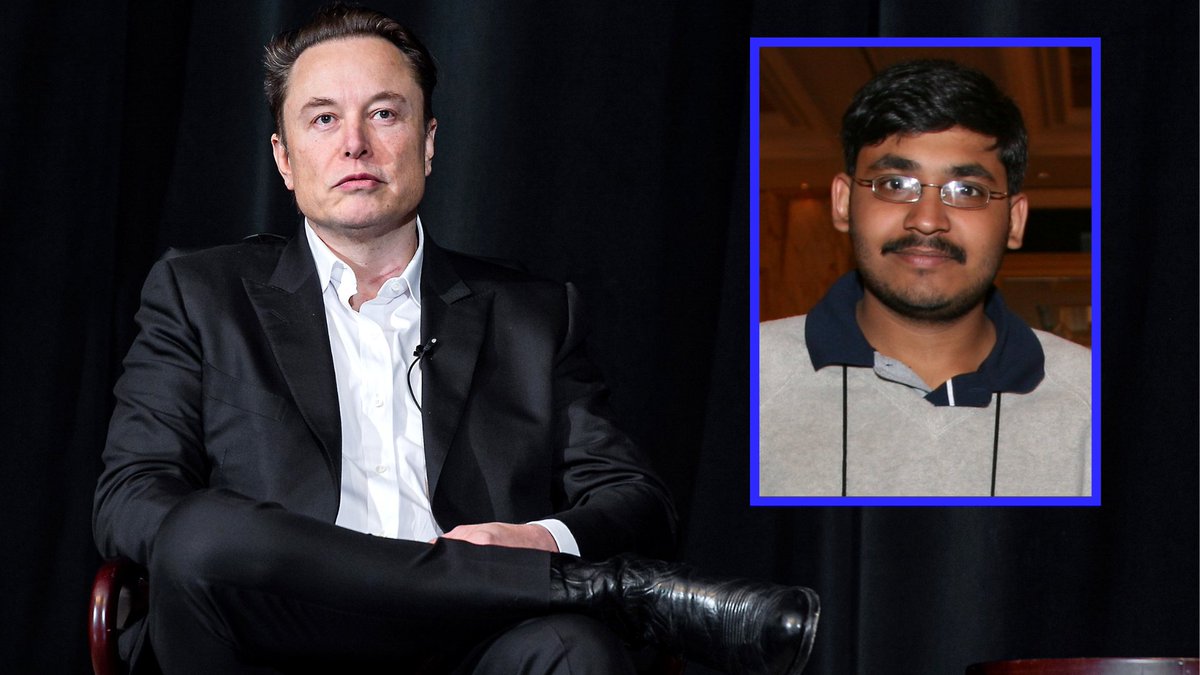This man turned $25K into $100 MILLION with one investment.
Then he built 2 of tech's greatest podcasts ever.
Now, he's friends with Elon Musk, Donald Trump, and Tucker Carlson.
Jason Calacanis' 4-step blueprint for building an empire out of your relationships🧵
Then he built 2 of tech's greatest podcasts ever.
Now, he's friends with Elon Musk, Donald Trump, and Tucker Carlson.
Jason Calacanis' 4-step blueprint for building an empire out of your relationships🧵

Jason Calacanis started as a tech journalist in the late 90s.
His first win? Creating Silicon Alley Reporter - a magazine covering New York's emerging tech scene.
The magazine grew so fast, Forbes called him the "Pied Piper of the Silicon Alley scene":
His first win? Creating Silicon Alley Reporter - a magazine covering New York's emerging tech scene.
The magazine grew so fast, Forbes called him the "Pied Piper of the Silicon Alley scene":
Silicon Alley was Manhattan's version of Silicon Valley - a hub of tech startups in the late 90s.
Just like the Pied Piper led crowds with his music, Jason's magazine became the voice that guided NYC's entire tech community.
But his real breakthrough came in 2003...
Just like the Pied Piper led crowds with his music, Jason's magazine became the voice that guided NYC's entire tech community.
But his real breakthrough came in 2003...

He co-founded Weblogs, a network of 90+ blogs, with investment from Mark Cuban.
The model was revolutionary — multiple separate blogs, each with editorial independence, & shared revenue across all sites.
This created a huge competitive advantage.
And by 2005?
The model was revolutionary — multiple separate blogs, each with editorial independence, & shared revenue across all sites.
This created a huge competitive advantage.
And by 2005?
They were making $2M in annual revenue.
Then AOL came knocking with an offer that shocked everyone...
And bought Weblogs for $25-30M in October 2005.
This would've been the end of most people's stories. But Jason?
Then AOL came knocking with an offer that shocked everyone...
And bought Weblogs for $25-30M in October 2005.
This would've been the end of most people's stories. But Jason?
He started hosting founder dinners in San Francisco.
At one dinner in 2009, a young founder called Travis Kalanick mentioned his new startup: a luxury car service called UberCab.
Jason immediately wrote a $25K check.
Here's why:
At one dinner in 2009, a young founder called Travis Kalanick mentioned his new startup: a luxury car service called UberCab.
Jason immediately wrote a $25K check.
Here's why:

In 2009, smartphones were just taking off.
Jason believed the smartphone would transform every service — so when he saw the UberCab prototype, Jason saw the future of transportation.
Most investors passed. They said, "No one will get in a stranger's car."
Result?
Jason believed the smartphone would transform every service — so when he saw the UberCab prototype, Jason saw the future of transportation.
Most investors passed. They said, "No one will get in a stranger's car."
Result?
His $25K investment later became worth over $100M.
But this wasn't luck. Jason had developed a keen eye for spotting trends early:
• Calm: Invested at $5M valuation
• Robinhood: Invested at $5M valuation,
• Early investor in Superhuman, Trello, Wealthfront
And this deep involvement in Silicon Valley would lead to his next move...
But this wasn't luck. Jason had developed a keen eye for spotting trends early:
• Calm: Invested at $5M valuation
• Robinhood: Invested at $5M valuation,
• Early investor in Superhuman, Trello, Wealthfront
And this deep involvement in Silicon Valley would lead to his next move...
In 2009, he launched This Week in Startups - a podcast about entrepreneurship & tech.
The format? Deep conversations with industry leaders, aiming to make Silicon Valley accessible to outsiders.
But here's what made it unique:
The format? Deep conversations with industry leaders, aiming to make Silicon Valley accessible to outsiders.
But here's what made it unique:
He encouraged listeners to submit questions via social media.
This created a community around the show.
Today, This Week in Startups has produced over 1,000 episodes and has become essential listening in Silicon Valley.
Then Covid hit, and everything changed...
This created a community around the show.
Today, This Week in Startups has produced over 1,000 episodes and has become essential listening in Silicon Valley.
Then Covid hit, and everything changed...
Jason joined forces with Chamath, David Sacks, & David Friedberg to start the All-In podcast.
Their chemistry was electric: Four hyper-successful friends debating everything from crypto to politics.
Within months, it became the go-to show for tech and business insights.
Their chemistry was electric: Four hyper-successful friends debating everything from crypto to politics.
Within months, it became the go-to show for tech and business insights.
Then in May 2022, they hosted their first summit.
Tickets sold out in minutes at $7,500 each.
But all this success wasn't an accident...
Over 20 years in tech media, Jason had perfected a formula for building influence and trust at scale.
Here's how it works:
Tickets sold out in minutes at $7,500 each.
But all this success wasn't an accident...
Over 20 years in tech media, Jason had perfected a formula for building influence and trust at scale.
Here's how it works:
Principle #1: Build a Strong Personal Brand
Jason shares both wins AND failures openly.
He discusses everything from his investment losses to his weight loss journey through "fatblogging".
"If you're not embarrassing yourself occasionally, you're not taking enough risks."
Jason shares both wins AND failures openly.
He discusses everything from his investment losses to his weight loss journey through "fatblogging".
"If you're not embarrassing yourself occasionally, you're not taking enough risks."
Principle #2: Create Value-Packed Content
Every episode delivers insights that you can't get anywhere else:
• Political debate with Trump, Vivek, RFK etc
• Tech expertise from VCs like Keith Rabois
• Regular appearances from Elon Musk
The secret sauce?
Every episode delivers insights that you can't get anywhere else:
• Political debate with Trump, Vivek, RFK etc
• Tech expertise from VCs like Keith Rabois
• Regular appearances from Elon Musk
The secret sauce?
He balances education with entertainment:
• Encourages audience participation through social media
• Uses humor to make complex topics digestible
• Creates viral moments that spread naturally
This keeps listeners engaged while they learn.
But there's another crucial element:
• Encourages audience participation through social media
• Uses humor to make complex topics digestible
• Creates viral moments that spread naturally
This keeps listeners engaged while they learn.
But there's another crucial element:
Principle #3: Cultivate a Powerful Network
Most founders chase connections at crowded conferences.
Jason took a different approach:
He started hosting intimate $1,000 dinners, inviting legendary VCs like Fred Wilson (backed Twitter, Etsy) and Brad Feld (backed Fitbit, Zynga).
Most founders chase connections at crowded conferences.
Jason took a different approach:
He started hosting intimate $1,000 dinners, inviting legendary VCs like Fred Wilson (backed Twitter, Etsy) and Brad Feld (backed Fitbit, Zynga).
Their names attracted other tech leaders.
Small rooms. Deep conversations. Real relationships.
The dinners became legendary in Silicon Valley - leading to deals, investments, and relationships that lasted decades.
This is how he heard about Uber before anyone else.
Small rooms. Deep conversations. Real relationships.
The dinners became legendary in Silicon Valley - leading to deals, investments, and relationships that lasted decades.
This is how he heard about Uber before anyone else.
Principle #4: Master the Art of Conversation
Jason turned conversation into content gold.
His secret? Ask the questions others won't. Dig deeper than surface-level answers.
When interviewing Eric Schmidt, he skipped the usual CEO talk and asked about Google's biggest mistakes.
Jason turned conversation into content gold.
His secret? Ask the questions others won't. Dig deeper than surface-level answers.
When interviewing Eric Schmidt, he skipped the usual CEO talk and asked about Google's biggest mistakes.
"If everyone agrees with you, you're not saying anything interesting."
He moderates debates to encourage open dialogue, not confrontation.
This creates an environment where people feel safe discussing controversial topics.
Today, Jason's influence extends far beyond podcasting:
He moderates debates to encourage open dialogue, not confrontation.
This creates an environment where people feel safe discussing controversial topics.
Today, Jason's influence extends far beyond podcasting:
In a world of paid ads & manufactured reach, Jason's personal brand has become the ultimate leverage.
• Invested in over 300 startups
• The world respects his opinions
• Friends with the world's most influential people
His story reveals something crucial about success today:
• Invested in over 300 startups
• The world respects his opinions
• Friends with the world's most influential people
His story reveals something crucial about success today:
The importance of a personal brand.
Jason built a following through decades of giving value for free, building relationships, and crafting his image.
Love him or hate him, his name is now synonymous with angel investing & tech podcasts.
And as a result?
Jason built a following through decades of giving value for free, building relationships, and crafting his image.
Love him or hate him, his name is now synonymous with angel investing & tech podcasts.
And as a result?
He can meet anyone, hire top talent in seconds, and sell out conferences in minutes.
People today trust people. And Jason's won the trust of millions.
So provide value, create content, and become known for something.
You'll become a force in tech, too.
Ready to start?
People today trust people. And Jason's won the trust of millions.
So provide value, create content, and become known for something.
You'll become a force in tech, too.
Ready to start?
Founders: We’ll build your personal/company brand on 𝕏 (and beyond) without you lifting a finger.
To date, we've already helped 140+ founders get 3+ Billion combined views.
Interested in how we can do this for you? Book your free discovery call here: form.typeform.com/to/JWuXNkxQ?ut…
To date, we've already helped 140+ founders get 3+ Billion combined views.
Interested in how we can do this for you? Book your free discovery call here: form.typeform.com/to/JWuXNkxQ?ut…
Thanks for reading! A bit about me:
2 years ago, I cofounded @ThoughtleadrX — a premium personal branding agency for world-class founders, executives, and investors to dominate socials.
If you enjoyed this, hit "follow" for more breakdowns!
2 years ago, I cofounded @ThoughtleadrX — a premium personal branding agency for world-class founders, executives, and investors to dominate socials.
If you enjoyed this, hit "follow" for more breakdowns!

Video Credits:
youtube.com/watch?v=LyACw9…
youtube.com/watch?v=d2bYwY…
youtube.com/watch?v=nNuYE8…
youtube.com/watch?v=r3yMfT…
youtube.com/watch?v=bxzmNq…
youtube.com/watch?v=ryFB6m…
youtube.com/watch?v=LyACw9…
youtube.com/watch?v=d2bYwY…
youtube.com/watch?v=nNuYE8…
youtube.com/watch?v=r3yMfT…
youtube.com/watch?v=bxzmNq…
youtube.com/watch?v=ryFB6m…
• • •
Missing some Tweet in this thread? You can try to
force a refresh











